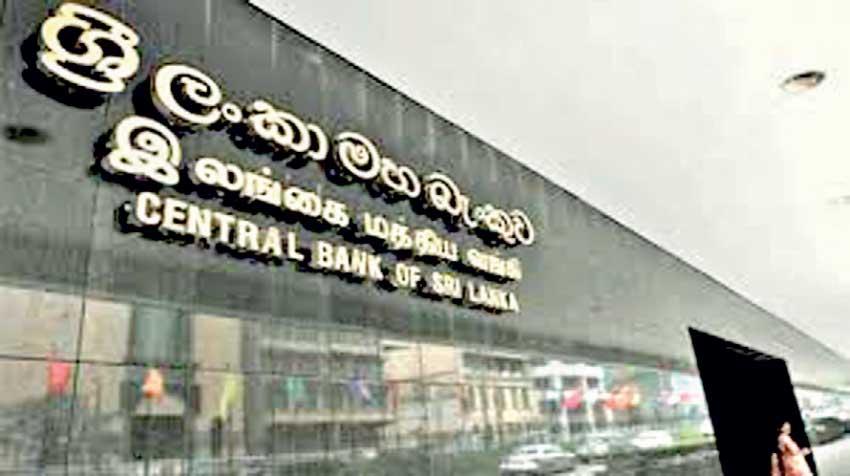Reply To:
Name - Reply Comment

NBFI sector NPLs rose sharply to 13.9% in 2020, from 10.6% in 2019, steadily rising from 5.3% in 2016
Sri Lanka is planning to set up a dedicated institution where the banks can sell their distressed assets for third party institutions for their separate management, which will free the banks from the burden of non-performing loans (NPLs) and allow better restructuring of their balance sheets and greater focus on their core business.
To this end, the Central Bank has prepared a concept paper to establish what is referred to as an ‘Asset Management Company’ (AMC) to the purchase and management of non-performing assets of both banks and non-bank institutions, which are under resolution and are operating in a viable manner.
AMCs are not uncommon as the latest of such companies were set up in the Euro area countries such as Ireland and Spain, where they faced banking crises in the aftermath of the global financial crisis 2008, in a bid to clean up their baking systems, which plunged to non-performing loan crises.
AMCs are predominantly created by the government by providing capital, facilitating funding and passing the required legislation on their governance and operations.
“Establishment of an AMC will be beneficial in reinforcing the financial system stability by enabling banks and NBFIs to restructure their balance sheets through reduction of NPLs and to utilise liquidity generated through such measures to direct credit to more productive economic sectors,” the Central Bank said, citing the benefits of such a setup in Sri Lanka.
Sri Lanka’s banking sector largely emerged unscathed last year, due to the broad based relief schemes afforded to borrowers. The broader banking sector gross non-performing loans ratio rose to 4.9 percent in 2020, from 4.7 percent in 2019.
The already released March 2021 interim financial reports of banks have showed that they had managed to further improve their asset quality as indicated by their reported gross NPL ratios.
However, the non-bank finance company sector NPLs rose sharply to 13.9 percent in 2020, from 10.6 percent in 2019, steadily rising from 5.3 percent in 2016.
While AMCs are not a panacea for systemic NPL problems, their success depends on both their design and prevailing economic conditions. There are examples of failures in AMCs elsewhere in the world, due to political interference in their activities. AMCs are most suited for specific asset classes such as commercial real estate.